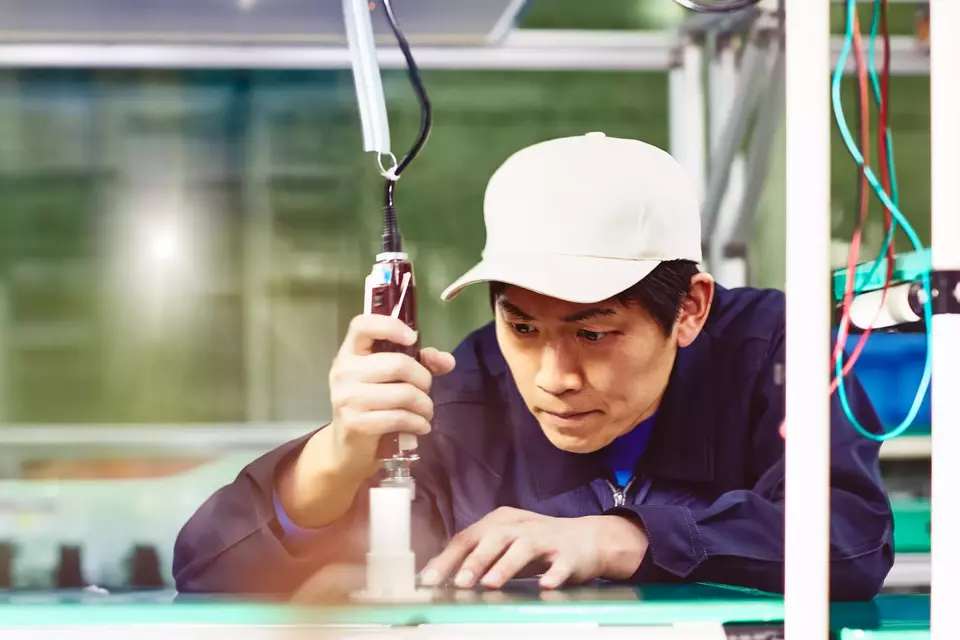learn more about job roles in life science
learn more about job roles in life science
Do you have a passion for scientific discovery and innovation? Are you driven to improve healthcare, agriculture, or environmental sustainability? Do you thrive in collaborative environments and enjoy problem-solving? You have the perfect temperament for a career in the life sciences sector! Get in touch with Randstad USA, and we'll help you find a role that matches your skills and passion for making a difference through science.
-
what qualifications do I need to work in life science?
To work in life science, a bachelor's degree in a relevant field such as biology, biochemistry, or biotechnology is typically required for entry-level positions. Advanced roles, especially in research and development, often require a master's degree or Ph.D. Additional certifications and laboratory experience can enhance job prospects.
-
what are the different career paths in life science?
Life sciences offer diverse career paths including roles in research, clinical trials, pharmaceuticals, biotechnology, environmental science, and academia. Positions range from laboratory technicians and research scientists to clinical researchers, biostatisticians, regulatory affairs specialists, and professors.
-
what skills are important for a career in life science?
Key skills for a career in life science include:
- strong analytical and critical thinking abilities
- proficiency in laboratory techniques
- excellent problem-solving skills
- effective communication skills, both written and verbal
- attention to detail
- working collaboratively in a team
-
how do I advance my career in life science?
Advancing in life sciences typically involves gaining experience, pursuing higher education, and staying updated with the latest scientific developments. Publishing research in reputable journals, attending conferences, and networking with other professionals in the field can also enhance career prospects. Obtaining specialized certifications can further bolster your qualifications.
-
what is the role of a research scientist?
A research scientist in the life sciences sector conducts experiments, analyzes data, and develops new theories or products based on their findings. They work in various settings including universities, government agencies, and private industry. Their research can contribute to advancements in medicine, agriculture, environmental science, and biotechnology.
-
how has technology impacted life science?
Technology has significantly impacted life science by enabling advanced research techniques such as genome sequencing, CRISPR gene editing, and high-throughput screening. Digital tools and big data analytics have revolutionized research methodologies and improved the efficiency and accuracy of scientific investigations. Technology has also facilitated better collaboration and data sharing among scientists worldwide.
-
what are the career prospects in biotechnology?
Career prospects in biotechnology are diverse and promising, with opportunities in research and development, manufacturing, quality control, regulatory affairs, and sales and marketing. Biotechnology professionals work on developing new drugs, therapies, agricultural products, and environmentally friendly technologies. The field is rapidly growing, driven by advancements in genetic engineering, personalized medicine, and biomanufacturing.
ready to take the next step?
From resume building and interview preparation to career advancement strategies, our expert advice is tailored to help you succeed. Start exploring and equip yourself with the tools and knowledge to land your ideal operational role!
looking for more career tips?











